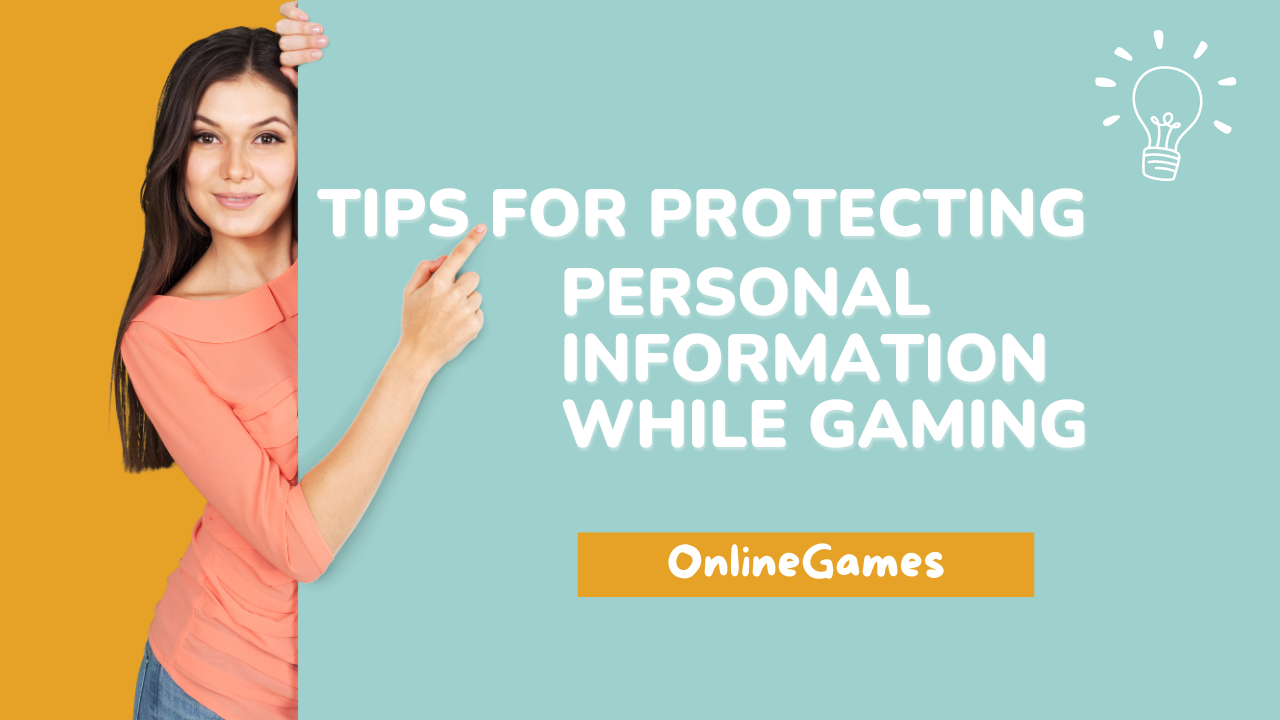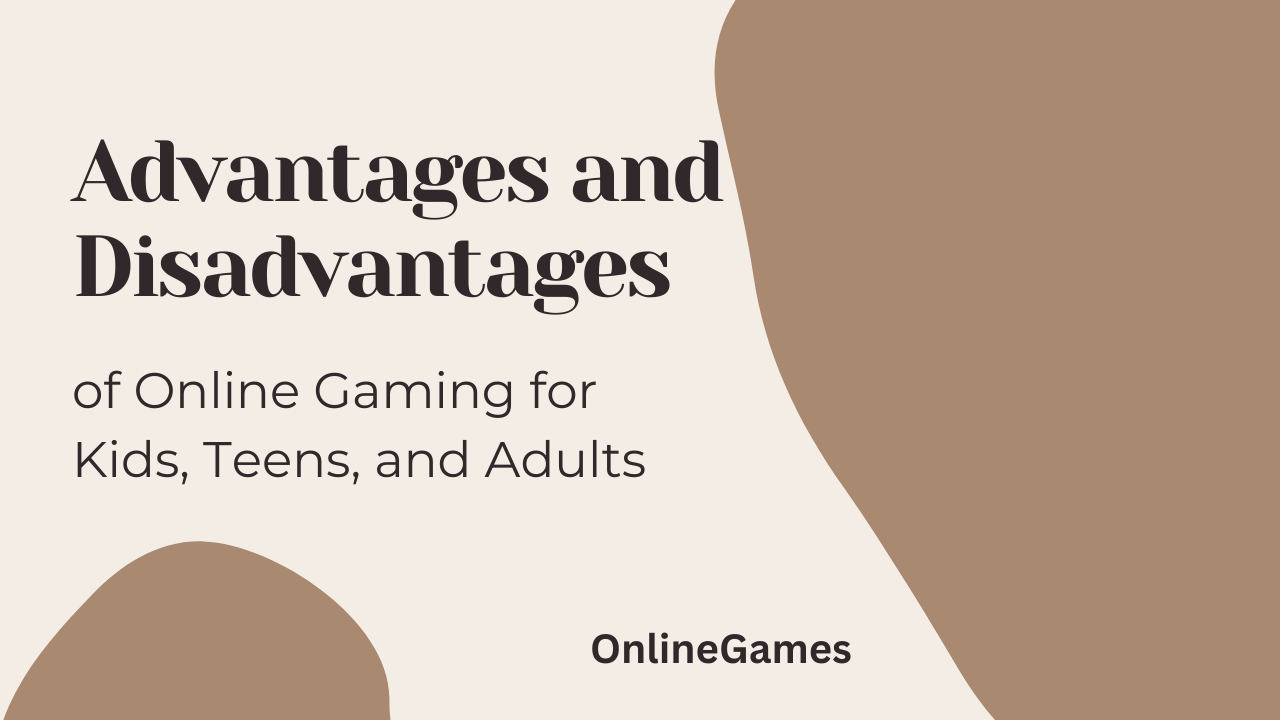In the increasingly connected world of online gaming, protecting personal information has become more critical than ever. Gamers are frequently targeted by cybercriminals seeking to exploit personal data for financial gain or malicious purposes. Ensuring the security of your personal information while enjoying online games can be challenging, but by following some essential tips, you can significantly reduce the risks. This article explores various strategies to keep your personal information safe while gaming online.
Use Strong and Unique Passwords
Create Strong Passwords
One of the most fundamental steps in protecting your personal information is using strong passwords. A strong password typically includes a combination of upper and lower-case letters, numbers, and special characters. Avoid using easily guessable information like your name, birthdate, or common words.
Use Unique Passwords for Each Account
It’s crucial to use a unique password for each gaming account to prevent a security breach from affecting multiple accounts. Password managers can help generate and store complex passwords securely, ensuring that you don’t have to remember each one.
Enable Two-Factor Authentication (2FA)
Two-factor authentication (2FA) adds an extra layer of security to your gaming accounts. With 2FA, you need to provide an additional verification step, such as a code sent to your mobile device, in addition to your password. This makes it significantly harder for unauthorized users to access your account, even if they have your password.
Be Cautious with Personal Information
Limit the Information You Share
When creating gaming profiles or interacting in-game, avoid sharing personal information such as your real name, address, phone number, or any other sensitive data. Use pseudonyms or gamer tags instead of your real name.
Beware of Phishing Scams
Phishing scams are common in the gaming world, where attackers try to trick you into providing personal information through fake websites or emails. Always verify the authenticity of any communication that asks for personal details or login information. Never click on links or download attachments from unknown sources.
Secure Your Devices
Keep Software Updated
Ensure that your gaming devices, whether they’re PCs, consoles, or mobile devices, have the latest software updates and security patches. Outdated software can have vulnerabilities that cybercriminals exploit to gain access to your personal information.
Install Antivirus Software
Use reputable antivirus software to protect your devices from malware and other security threats. Regular scans can detect and remove malicious software that may compromise your personal information.
Use Privacy Settings and Parental Controls
Adjust Privacy Settings
Most gaming platforms and services offer privacy settings that allow you to control who can see your profile and interact with you. Review and adjust these settings to limit the visibility of your personal information to friends only or to a minimal number of trusted contacts.
Implement Parental Controls
For younger gamers, parental controls can be set to restrict access to certain features or content and monitor their interactions online. This helps protect them from inadvertently sharing personal information or encountering inappropriate content.
Avoid Public Wi-Fi for Gaming
Public Wi-Fi networks are notoriously insecure and can be easily exploited by hackers to intercept your data. When gaming, always use a secure and private network. If you must use public Wi-Fi, consider using a Virtual Private Network (VPN) to encrypt your internet connection and protect your personal information from prying eyes.
Be Aware of In-Game Purchases
Secure Payment Methods
When making in-game purchases, ensure that you use secure payment methods. Avoid saving your credit card information on gaming platforms whenever possible, and use payment services that offer additional security layers, such as two-factor authentication.
Monitor Your Transactions
Regularly review your bank statements and account activity to quickly identify any unauthorized transactions. Report any suspicious activity immediately to your bank and the gaming platform.
Be Wary of Third-Party Apps and Websites
Download Only from Official Sources
Only download games and apps from official app stores and websites. Third-party sites may host malicious software disguised as legitimate games, which can compromise your personal information.
Check Permissions
When installing new apps, carefully review the permissions they request. Avoid apps that ask for unnecessary access to your personal data or device functions.
Educate Yourself and Your Family
Understanding the importance of online security is essential for protecting personal information. Educate yourself and your family members about the risks associated with online gaming and the steps you can take to stay safe. Regularly update your knowledge on the latest security practices and potential threats.
By following these tips, you can significantly enhance the security of your personal information while gaming. Stay vigilant, use the security tools available to you, and maintain good online habits to enjoy a safe and secure gaming experience.










